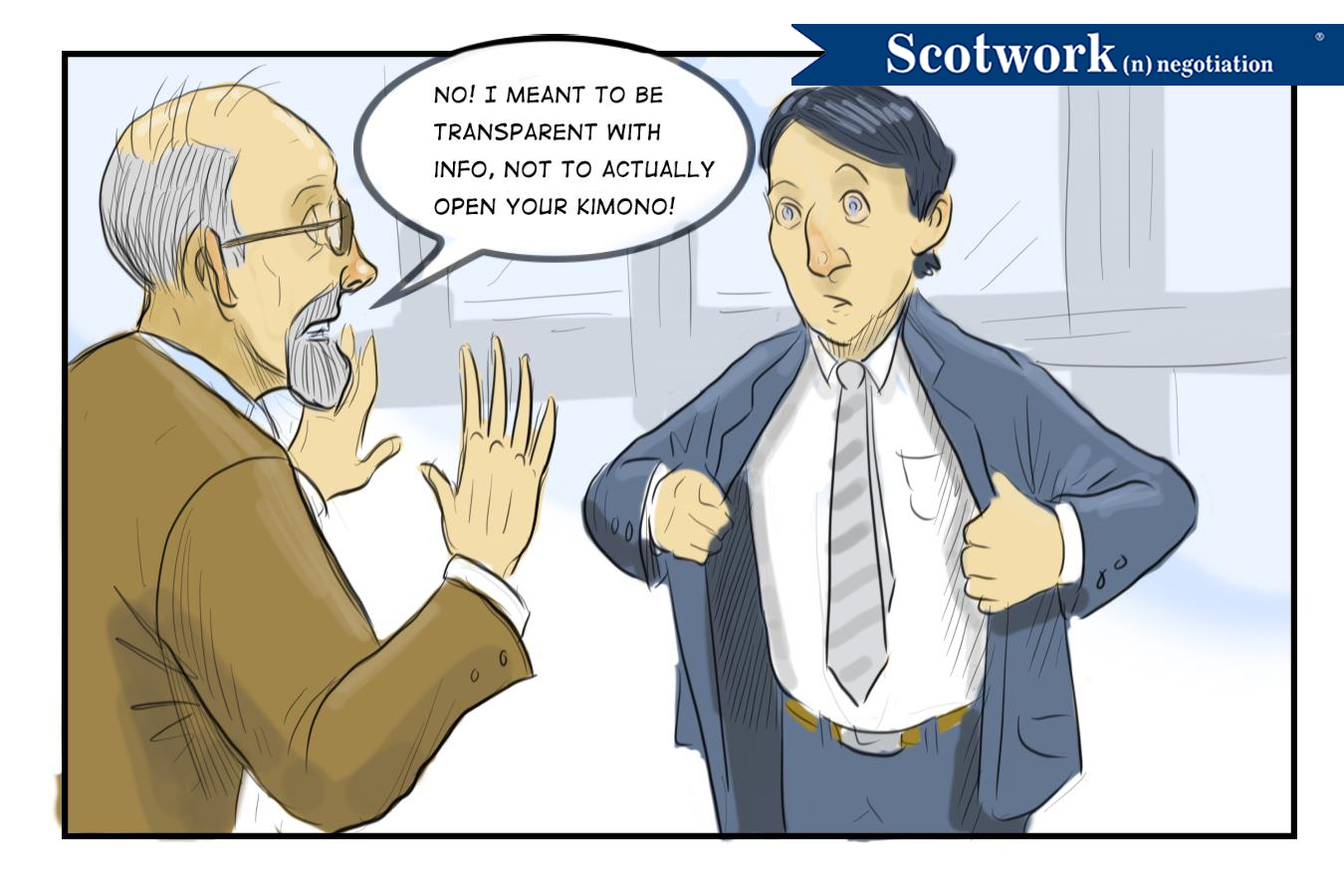“What do you mean I can’t negotiate it for you?” My wife decided she wanted a new Jeep Grand Cherokee. She had picked out a specific make and model with “all the options”. As a negotiation professional, I was eager to help negotiate the deal but she told me to stay out of the process. Apparently my reputation preceded me! So I watched and waited to see how this unfolded.
One of the challenges of buying a car where I live is that we live on an island in North Carolina. The only way we can get to a dealership is to take a ferry service which winds up being a full day excursion. Suffice to say, it’s not easy to just go over to the dealer to have a chat. It’s an investment in time. Fortunately, two houses down from us is the summer home of our neighbor Mike who happens to own a Jeep dealership off the island and will deliver your car to you and pick up a trade.
My wife talked to Mike about the car she wanted. They worked out all the important details like trim, color, options, delivery, etc. However, they didn’t really talk about price. So when my wife got the quote from Mike, it was a little more than she had budgeted. That’s when she turned to me and said, “Ok, you can negotiate with him on price.”
Coming in at the end to just negotiate price is a little late in the process. At this point, most of the variables have been negotiated and agreed upon. Any negotiation professional will tell you to keep all the variables in play till a deal is signed otherwise, it’s much more difficult to get the price you want. However, I wanted to help my wife get her car so I jumped in.
I didn’t know how fair of an offer Mike made. I decided to get a good benchmark and asked my daughter, who is the sales manager for an Audi dealership. She sent the quote to a sister Jeep dealership and a few days later we got the response, “it’s actually a pretty good deal but there is one area where he still may have some Jeep factory money to play with, about $1,500”. That was helpful. Now I had additional information and a variable I could potentially play with.
Now the question becomes, how should I approach this? Afterall, Mike is our neighbor and friend. If this was any other transactional relationship with someone I didn’t know and probably would never see again, I would be a little more heavy-handed. But after this deal, Mike and I would still see each other during the summers! This was no ordinary transaction. Mike was being helpful, we have a relationship with him, but the car needed to fit within the budget. I decided to be very transparent with Mike.
I shared with Mike the entire unedited email exchange between me and my daughter and explained the situation. His reply was, “Yes. Your daughter is correct, there is some extra money there but I had to get the car from another dealer in order to get the one your wife wanted so I used that up.” As it turns out, this was a good deal. However, since I was transparent with Mike, Mike was transparent with me. In the course of trying to negotiate this deal, Jeep came out with another rebate program and Mike was able to offer another $500 off the price of the vehicle. We had a deal.
When a negotiation is transactional and both parties will more than likely never see each other again, most negotiations turn competitive and people play hardball. Sometimes, people play hardball without understanding the ramifications of their negotiation. Fortunately, both Mike and I recognized that we still had to be neighbors and we both were a lot more collaborative than what happens in the typical car buying situation. This allowed us to be far more transparent and open with information which led to a good deal for Mike, and a good deal for us. Better yet, my wife has her new car and we’re still friends with Mike.
Struggling With Transparency?
Knowing when to be transparent and when not to be transparent is difficult. You have to analyze the power dynamics, know your leverage points, and have a clear understanding of your objectives as well as be able to properly ascertain if you are in competitive or collaborative negotiation. Misreading any of the above could prove disastrous when sharing information.
Scotwork can help. For any critical negotiation you have, bring Scotwork in to help you prepare, stress test your strategy, and coach you and your team along the way. Let us help you make your next negotiation to be a better negotiator.

